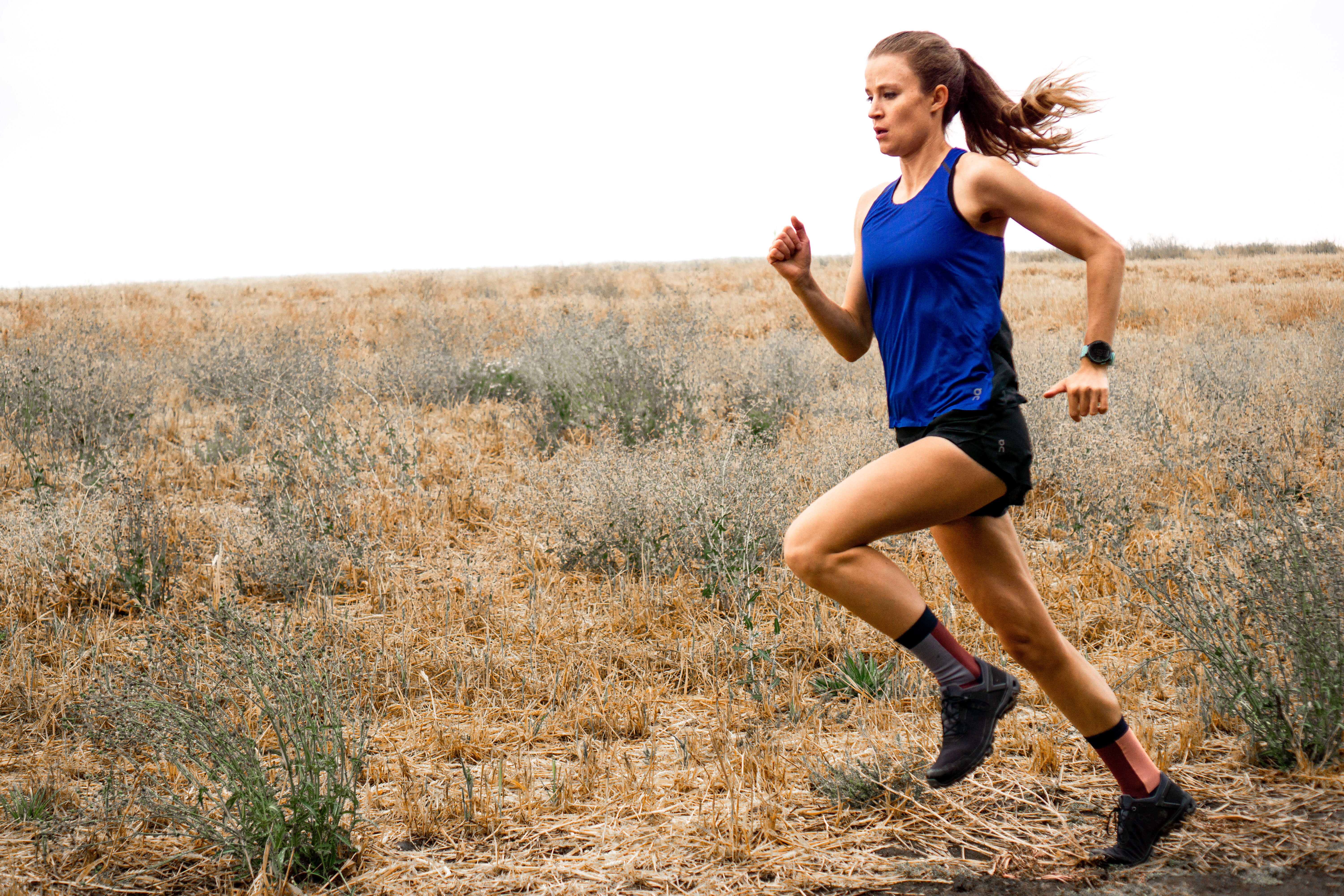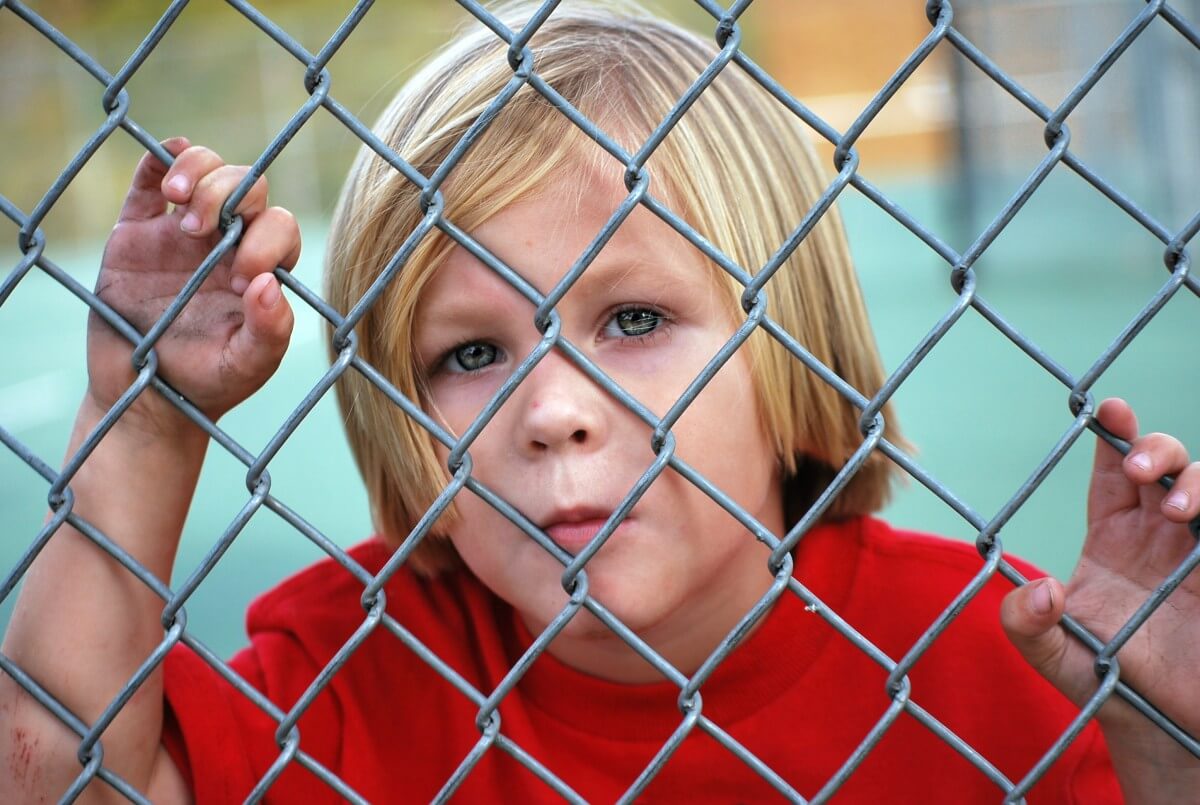
(2-Minute Read)
I never make New Year’s resolutions. Though when 2021 started, I knew I needed to make one change, I vowed to not log onto Strava at all during the year. Like other physical activity trackers, Strava connects humans from around the world through their movement journeys. Strava provides all the details of the activity from the mileage, elevation gain, and even digital maps to allow others to chase the top spot on leaderboards. In the age of GPS (Global Positioning System) watches, one can synchronize their watches to their phone to upload all their fitness data from their watch directly to Strava. In seconds, one can know all the objective details from their run.
 In an effort to learn more about the training philosophies of some of the best trail and mountain runners in the world, I thought I would investigate just how much elevation gain said athletes run during an average week. Even though my intention was to use Strava as a tool, the more time I spent on Strava, the more toxic the application became for my wellbeing. I started comparing myself to my competitors. I felt a desire to look at Strava daily even though seeing everyone else’s activities further decreased my confidence in myself. I realized I did not run as much elevation, mileage, or even run on the trails as much during the week as my competitors, which made me question my coach and training philosophy.
In an effort to learn more about the training philosophies of some of the best trail and mountain runners in the world, I thought I would investigate just how much elevation gain said athletes run during an average week. Even though my intention was to use Strava as a tool, the more time I spent on Strava, the more toxic the application became for my wellbeing. I started comparing myself to my competitors. I felt a desire to look at Strava daily even though seeing everyone else’s activities further decreased my confidence in myself. I realized I did not run as much elevation, mileage, or even run on the trails as much during the week as my competitors, which made me question my coach and training philosophy.
The irony was that in 2020 I was the fittest I have ever been. I was spending more time on the trails than ever before and yet my confidence was nonexistent. Through reflection, I believe my newfound obsession with checking and comparing myself on Strava is what caused my confidence to absolutely plummet. I had no reason in the past to question or compare myself but now I was more focused on everyone else’s journey instead of being present for mine.





